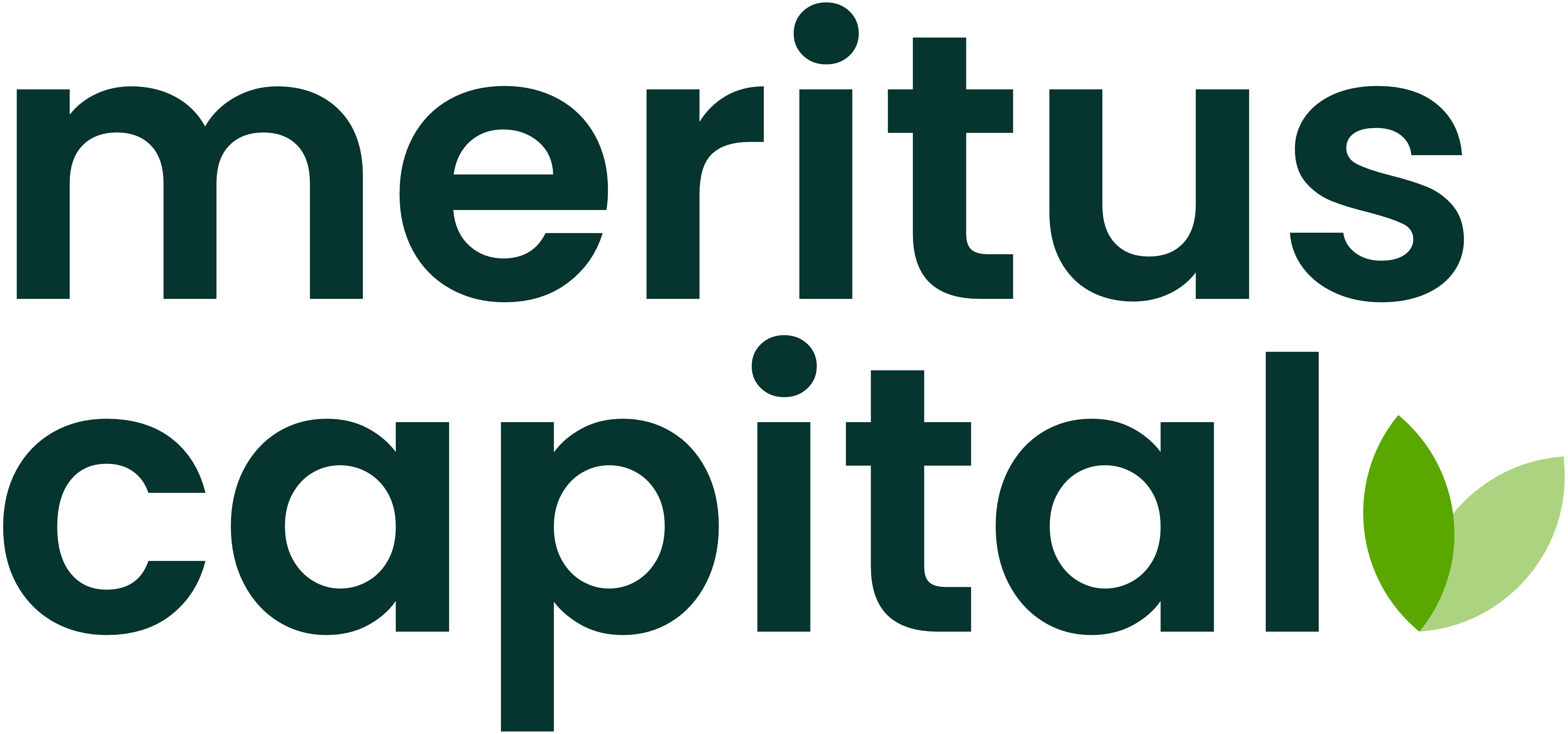How to Use Letters of Credit and Factoring to Import Goods

The Importer's Problem
As you know, many corporate buyers in North America insist that their suppliers grant extended payment terms of sale. Some won't even negotiate, so as an importer, if you want to do business with these buyers you're stuck with 30, 60 or even 90 day payment terms. Obviously, if you are a small business, a start-up, or a young company, this can put you in a bind because you can't always get extended terms from your suppliers overseas.
The Solution: Factoring
If you are in this situation, import factoring can be a powerful financial tool for you. If you're an international trader who imports large shipments of goods and sell your product with extended credit terms to a large North American buyer with strong credit, import factoring can work particularly well. You can sell your accounts receivable invoice to an import factor, and receive cash within 24 to 48 hours. This is not a loan. The factor pays you 70% to 90% of face value upfront, and the remainder of the invoice, (less their fee), when the invoice payment is fully collected. When all is said and done, you end up with about 97% to 99% of face value.
Here's How It Works
ABC Importers has a bank line of credit with First Bank, but they are quickly approaching their limit as their business is growing rapidly. ABC has enough working capital to open the line of credit, but can't cover the extended credit terms for all their new customers.
They turn to a factoring company, and after the factor reviews their invoices, they agree to fund the deal. Now ABC can go to their bank and ask their banker to open a letter of credit in the amount of $300,000 to buy the widgets from OVERC Supplier in Hong Kong. The bank opens the letter of credit on behalf of ABC for OVERC, and OVERC ships the product from Hong Kong to ABC Importers.
First Bank gets the documents from OVERC and negotiates the Letter of Credit, paying off the supplier. The cargo ship with the goods arrives at a U.S. terminal. The import factor advances the funds to ABC to pay the freight bills and import duties. The goods are then delivered to ABC’s warehouse and are kept there under the factoring company's control. ABC arranges for the delivery of the widgets to the buyer in the U.S.. Once the widgets get delivered to and accepted by the buyer, ABC issues an invoice to the buyer and forwards a copy to the factor. The factor immediately advances 80% of the funds to ABC and keeps 20% in reserves. During the window of time when the bills of lading were released to ABC and the goods were sold to the buyer, the factor held a general lien and trust receipts covering the purchased widgets.
The buyers make their payments directly to the factor. Once the invoice is paid, the factor pays ABC the difference between the amount collected and the amount already advanced, less the factor's discount fee.
What Are the Benefits?
In summary, the importer is able to extend longer-term credit terms to buyers, which in turn leads to more business. Even if the importer is new or has a compromised credit history, they can still get funding based on their buyers credit and business longevity. Plus, you eliminate the hassle and costs associated with collecting on your invoices since the factor takes on that responsibility. You can even eliminate your credit risk all together with a non-recourse factoring arrangement, but the fees will be higher.
If you have any questions or want to discuss how Meritus can help solve your importing problems, contact us at 877-648-3709 or complete the contact form.
More questions? We're here to help.
Send us a note and our team will reach out to you or simply call us at 877-648-3709
